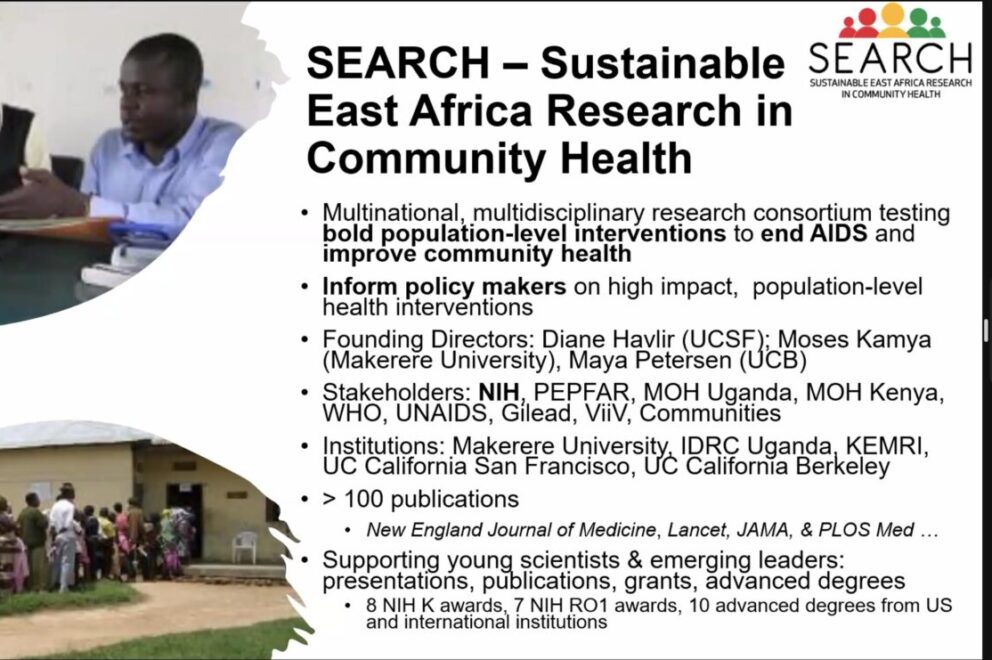Early Results from the SEARCH Dynamic Choice Study: More evidence that choice is the key

“This is the evidence we’ve all been waiting for. This is the first time in a community setting that we have scientific evidence that choice matters and choice works.” – AVAC Executive Director, Mitchell Warren
When programs offer people-centered choices for what type of PrEP product they want, and where and how to integrate it into their lives, incidence can drop to zero. This was clearly demonstrated by Professor Moses Kamya of Makerere University, who joined AVAC’s recent webinar to discuss the early results of the Dynamic Choice study conducted in Kenya and Uganda by Sustainable East Africa Research in Community Health (SEARCH). First announced at the Conference on Retroviruses and Opportunistic Infection (CROI) in March, these data were among the most exciting of the conference.
SEARCH showcased what true choice and person-centered programming can mean – and the difference it makes. The study offered choices in products (PEP, oral PrEP, injectable cabotegravir); in testing (rapid and self-testing); in service locations (clinic, home, other community locations); timing of prescription for oral refills (up to three months); and the ability to switch products at any time. More than a quarter of the participants used two different products during the study. Many who selected injectable cabotegravir had used no form of prevention in the month before, and even oral PrEP use went up in the intervention arm. “It’s expanding the total pie of people using PrEP,” said Kamya. The result: The study arm ended with zero incidence of HIV compared to 1.8% in the control group. Adding to the method mix expands the number of people who continue with prevention—even as their needs change.
To learn more, watch the recording here.